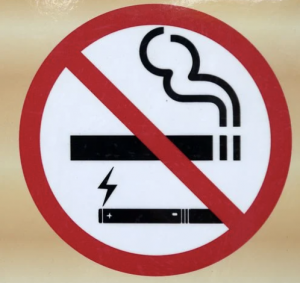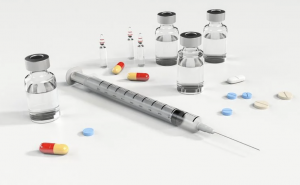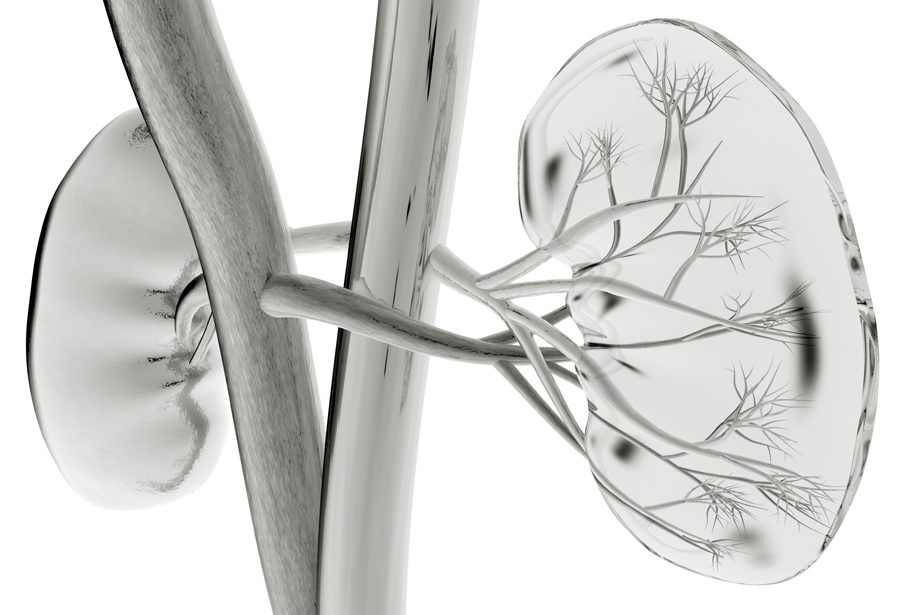In this issue of WellnessConnect, we had the honour of meeting renowned local urologist who has made significant contributions to the field throughout the Caribbean and the world at large. Read our article on Dr. Lall Ramnath Sawh here.
Here a few of his tips for leading a healthy lifestyle:
1. Men, check your prostate annually after the age of 45
Prostate cancer is the one of the top leading causes of death among Caribbean men. The following factors increase one’s risk:
- If there is a family history of prostate cancer (it is best to check after the age of 40, in this case)
- If the man has multiple partners, as the Human Papillomavirus (HPV) can be contracted, which is linked to prostate and other cancers
- If the man is of African descent, as this race is more susceptible to prostate cancer — research indicates that men of African descent get this type of cancer at an earlier age, and are more likely to have tumours that grow rapidly and spread to other body parts
2. Men, don’t listen to your ‘padna’ — but to your partner!

“Caribbean men in general have this fear of ‘a finger up your bottom’, and men often tease each other in social situations,” explains Dr. Sawh.
“The men that do get regular checkups are often the ones whose wives or partners keep ‘harassing’ them — and they do it to keep the peace.”In the early stages of prostate cancer, there are no symptoms, and often a man would not go by the doctor unless he is feeling ill — whereas women, on the other hand, are more likely to be proactive about their regular health checks.
While the stigma of the prostate exam may not go away anytime soon in our Caribbean mindset, it is important to stay on top of your health — whether you do it for yourself or to assuage your partner.
So, women, encourage your men to get tested! You have a role to play too.
3. Watch out for kidney stones
Risk factors for kidney stones include:After prostate cancer, kidney stones are the next most common issue affecting Caribbean men and women. Kidney stones are formed when your urine contains more crystal-forming substances (calcium, oxalate and uric acid) than the fluid in your urine can dilute, and/or your urine lacks the substances that keep these crystals from sticking together.
- Family or personal history — if you or a family member have had one, you are more likely to develop a kidney stone
- Dehydration — not drinking enough water each day can increase your risk, particularly if you live in a warm climate or sweat a lot
- Diet — a diet high in calcium and red meats can also increase your risk as it causes uric acid stones
4. Protect your bladder — stop smoking!

When smokers inhale, carcinogens (cancer-causing chemicals) in the smoke is absorbed into the lungs, and then filtered by the kidneys and concentrated in the urine.
This can cause damage to the cells that line the inside of the bladder, resulting in bladder cancer.
While we all know that cigarette smoking can lead to lung cancer, few know that smoking is also the most important risk factor for bladder cancer.
5. Teach your children (and yourselves!) how to urinate
For women especially, ‘holding it in’ can lead to a bladder infection or a persistent irritable bladder because the bladder does not contract as it should. Women are also more likely to become incontinent than men, particularly as the vaginal birth of a child can weaken the area around the bladder.
‘Forcing it out’ is also a very poor practice, as you can cause swelling on the bladder neck.
A steady flow of urine, without pressure from holding it in or forcing it out, is the best way to void your bladder.
Ensure that your children — and you! — practice good urination habits.
Mothers should also teach their daughters not to sit on public toilet seats, and to wipe from front to back. Never wipe from back to front, as this causes bladder infections.
Women should also empty their bladders before and immediately after sexual intercourse, and wash the area with lots of water using a showerhead, as soon as possible thereafter.
6. Go easy on the supplements

“So many men, in particular, put their faith in supplements, enhancements, substances, whatever can give them that extra push,” says Dr. Sawh.
“But these can lead to a number of issue with their bodies, including causing problems with erections. If you are eating well, sleeping well, and getting natural vitamins from the sun, you would not need supplements.”
Even vitamins should be taken with care — apart from pregnant or perimenopausal women with specific vitamin deficiencies, the average man or woman may not need vitamins.
Before purchasing vitamins or supplements, it is best to be screened first. Only if you are tested and determine that you do have a vitamin deficiency, you should then take what is needed.
7. Ask your GP for his/her opinion on the need to refer to a specialist
“I have encountered many GPs that try to treat everything, rather than refer to someone else, as this may result in losing a patient. However, sometimes, a specialist is needed,” adds Dr. Sawh. “Or, women go to a gynaecologist for a bladder issue, because she feels more comfortable with her regular doctor, or perhaps simply because she doesn’t know.”
Early detection and prevention is always much better than cure, so do your research and seek out the most appropriate doctor for the medical issue you are experiencing.

